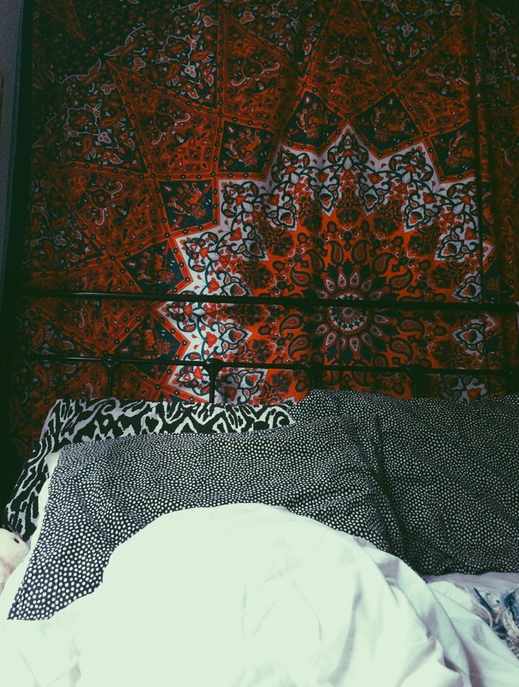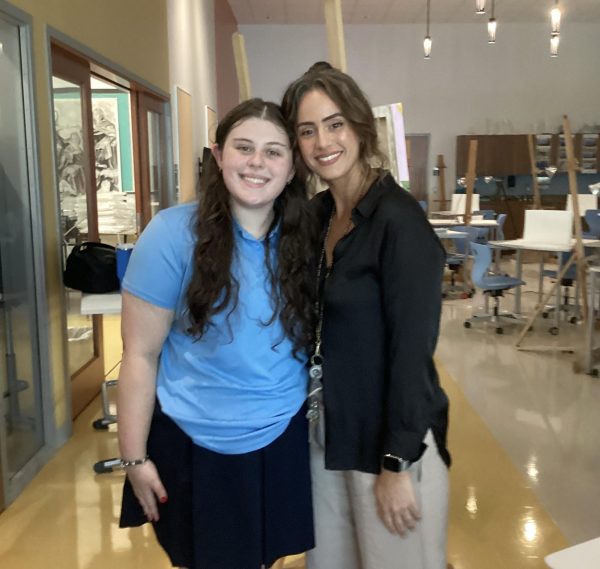The Reality of Insomnia
Insomnia affects 60 million Americans every year
Before they know it, Academy girls are up until 12am or later with homework and extracurricular responsibilities. Then they wake up only 5 or 6 hours later to do it all over again. High school students today experience much more stress and work than they ever have before. Once an AHN girl gets to her senior year, she has thought at least once, “Why am I sleeping? There is so much more I should be doing.” Because of this, ACHONA shares the causes and warning signs to insomnia and its effects to prevent our girls from falling victim to the serious condition.
What is Insomnia?
Insomnia is a sleeping disorder that is characterized by difficulty falling and/or staying asleep.
What are the types of Insomnia?
There are two types of insomnia: Primary and Secondary. Primary is not connected with other health issues while Secondary is.
What are the symptoms?
Sleepiness during the day, general tiredness, irritability, and problems with concentration or memory.
What causes it?
Significant life stress, illness, emotional and physical discomfort, environmental factors, medication, interference with normal sleep schedule.
If symptoms such as depression, anxiety, chronic stress, or pain and discomfort at night continue then it may escalate to chronic insomnia.
How common is it?
Over 60 million Americans suffer from insomnia every year.
How can it be overcome and prevented?
Good sleeping habits, and in chronic cases proper sleep medication may be prescribed.
Why is sleep important in the first place? “Sleep is the fuel of life.” Gayle Greene, author of Insomniac says. “It’s nourishing; it’s restorative. And when you are deprived of it, you are really deprived of a basic kind of sustenance.” Worrying about other things and neglecting sleep can only make it worse and truly debilitate all other skills. Senior and Insomniac Mollie Johnson shares, “I’ve been diagnosed with insomnia since I was 11. I can fall asleep, but not for more than 10 minutes and it’s very sporadic. Because of this, I get really tired and wears on me day to day. From having insomnia for so long, really the only way I can do to improve it is day dreaming because to me it’s like sleeping without benefits. I pretty much try to trick my body into resting even when my mind is awake.”
Johnson has been able to adjust to the struggles of insomnia to best benefit her lifestyle, but anyone who falls victim to insomnia during their young adult years can suffer much more. To prevent this, know the signs now and practice good sleeping patterns to stay balanced and healthy.

Walking down the halls off Academy, it’s hard to miss the bubbly laughter and “so bad they’re funny” puns made by the one and only Karlee Nipper....








